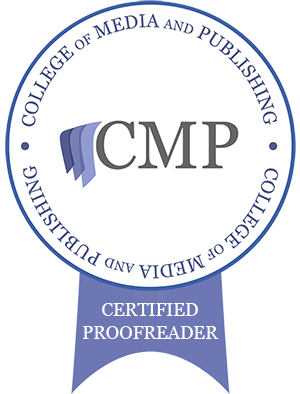
What is a cliché?
You hear it a lot, especially when talking about writing or producing media. So what are they? Clichés are phrases or ideas that are so overused that they are now boring and unoriginal, so the phrase has lost meaning or become a stereotype. Unlike tropes, which are story elements commonly used and liked by people, such as a ‘happily ever after’ at the end of a romance. Are cliches cliche?
You can spell cliche with or without the accented ‘e’ by the way. It’s a word that has its roots in French. Many consider cliches tired and unoriginal, and you will be told to avoid them at all costs. I bet you can probably think of hundreds of them, a lot of them come from old sayings and idioms. Here’s a few examples:
- “Think outside the box.”
- “There’s plenty of fish in the sea.”
- “Ignorance is bliss.”
- “Good things come to those who wait.”
- “Beating a dead horse.”
How to know if it’s a cliché
The way to tell is if you hear a saying and it makes you sigh or roll your eyes, it’s probably a cliche. They had meaning once, but overuse means they just don’t have any impact anymore. Some have been misused for so long, people have forgotten the original meaning. Like this one:
“Curiosity killed the cat.”
It’s a warning against asking too many questions or looking into things you shouldn’t. Curiosity is dangerous, so you might not like what you find.
A fun fact, the original proverb was “Care killed the cat.” This means worry is detrimental to you. A different meaning, isn’t it? The earliest printed reference is found in Every Man in His Honour by Ben Jonson written in 1598, and again, a year later by Shakespeare in Much Ado About Nothing.
The current version is more recent, it was notably used in 1916 in a newspaper report about a cat who had climbed up a chimney and gotten stuck, resulting in a fall that did, in fact, kill the cat.
Are cliches always bad?
Well, mostly, yes they are bad. Readers see cliches as lazy, so it will put them off reading what you’ve written. Cliches indicate you lack imagination and are unable to use your own creativity to say what you want to say in your own way. Avoiding using them shows you can think of other ways to say the same thing, and it therefore improves the impact of your writing. There are occasions where using a cliche can help you connect with your audience, by provoking that familiarity. Still, I would advise caution.
Subverting cliches
The other thing to do is to subvert cliches. Introduce a cliche but then change it around to make it more interesting. One of my favourite uses of this is, from a classic video game by Valve, Portal 2. Every syllable of dialogue in that game is absolutely amazing, but one of the best monologues is Cave Johnson’s recording around the halfway point, affectionately known as the ‘lemon rant’.
The context is that he has become seriously ill by crushing up moon dust, and he records a message talking about how he plans to make the best of the situation, ending with the cliched phrase: “When life gives you lemons, make lemonade.” A bit later, he comes back to it, and goes on a rant, stating that “When life gives you lemons, don’t make lemonade. Make life take the lemons back. Get mad! I don’t want your damn lemons! What am I supposed to do with these? Demand to see life’s manager…”
I won’t transcribe the whole rant here, but I’ll link to YouTube so you can listen to it all for yourself. Or, better yet, play the game if you haven’t already, it’s worth it for the writing alone. The point is, the original cliche is telling you that when bad things happen, you just have to make the best of what you have. Turning it around on itself, the character is saying “No, I’m not accepting my lot. I’m going to do something about it.”
Conclusion
So, you know how to identify cliches, and why they are generally to be avoided like the plague. Yeah, I know exactly what I did there. They are everywhere, but using them in your writing can really turn your reader off and make them lose interest in what you’re writing. So use them sparingly, if at all, or find a better way to say what you want to say. Or give them a good twist like the writers on Portal 2 did.
For more on editing and word choice, check here. For updates whenever a new blog post is available, subscribe. Check my social media platforms for bitesize facts and general updates.




Leave a Reply